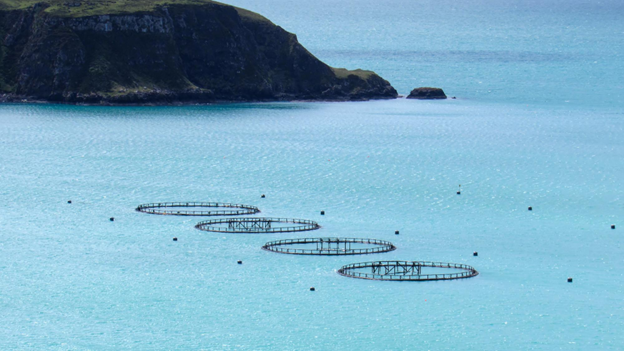Saudi Arabia’s aquaculture sector has witnessed remarkable growth in recent years, with production increasing by 400% between 2015 and 2022. This rapid expansion can be attributed, in part, to a concerted effort from public and private stakeholders to bolster food security in the region, improve economic diversification, and reduce overreliance on food imports.
Food and agribusiness specialists, Farrelly Mitchell recently examined Saudi Arabia’s aquaculture sector and published an informative article by Kieran Forde, Senior Consultant with Farrelly Mitchell.
With regard to aquaculture, Saudi Arabia benefits from its geography and environment:
“Saudi Arabia boasts an extensive coastline along the Red Sea and the Arabian Gulf, offering ideal conditions for the cultivation of various aquatic species. The country’s favourable climatic conditions, characterised by warm temperatures and ample sunlight, support the growth and reproduction of many commercially important species, such as shrimp, sea bream, and barramundi. Moreover, Saudi Arabia’s vast expanses of desert land provide opportunities for aquaculture use, and The Kingdom’s geographic location – at the crossroads of Europe, Asia, and Africa – provides a competitive advantage for the export of fresh seafood to lucrative markets worldwide.”
Combined with efforts on the part of public and private stakeholders, aquaculture has grown 400% between 2015 and 2022.
According to the article, the “success of Saudi Arabia’s aquaculture industry relies heavily on the availability of high-quality seed stock, which is produced in hatcheries. However, the country has faced challenges in this regard, with limited broodstock capacity and insufficient live food production. To address these issues, the Saudi government has taken proactive steps, including the establishment of a national broodstock centre. This facility aims to enhance the genetic quality and diversity of broodstock, ensuring a reliable supply of seed stock going forward.”
The current sticking point in the sector is limited fish processing facilities in Saudi Arabia.
“The absence of comprehensive fish processing facilities, including canning, has impeded the development of the aquafeed industry, as fish processing waste is a key protein source for aquafeed. Despite initial plans by Arabian Agricultural Services Company (ARASCO) to establish a state-of-the-art aquafeed mill in collaboration with Saudi Fisheries Company, this project was ultimately scrapped due in part to these constraints.”
Also, despite significant investments in capacity, much of it remains underutilized as investors await further regulatory changes.









